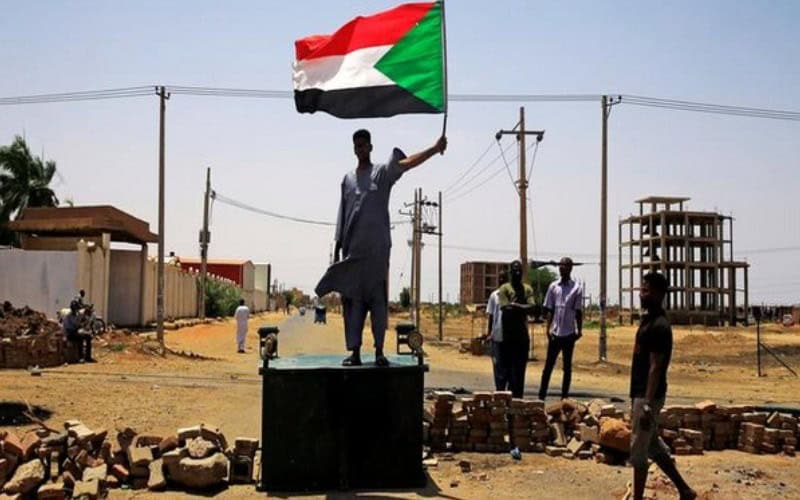Khartoum [Sudan]: In a landmark move, Sudan’s main opposition coalition and the ruling military council have formally signed a final power-sharing deal here on Saturday.
The agreement, which will pave the way for a transition to a civilian-led government, came after a long period of protest and negotiations following the overthrow of longtime leader President Omar al-Bashir in the wake of mass protests.
The power-sharing deal creates a joint military and civilian sovereign council to rule for a little over three years until elections can be held.
Under the agreement, a military leader would head the 11-member council for the first 21 months, followed by a civilian leader for the next 18. It would also establish a cabinet appointed by the activists and a legislative body.
The deal was signed by Mohamed Hamdan Dagalo, deputy chief of the Transitional Military Council (TMC), and Ahmed al-Rabie, who represented the Alliance for Freedom and Change umbrella group.
The signing ceremony was attended by heads of states, prime ministers and dignitaries from several countries, including Ethiopian Prime Minister Abiy Ahmed and South Sudanese President Salva Kiir.
The deal has revived hopes for a peaceful transition of power in Sudan, which has been rocked by violent protests in April which saw the ouster of-Bashir.
Mass protests, first against the al-Bashir regime, and now the TMC have been ongoing in Sudan.
The TMC was formed after the military overthrew al-Bashir on April 11 in a coup. Protesters have been demanding the military council to transfer power to a civilian-led government.
The United States has welcomed the power-sharing deal, following months of ongoing protests in the African nation.
“The United States congratulates the people of Sudan on the August 17 signing of the Constitutional Declaration and political agreement between the Forces for Freedom and Change and the Transitional Military Council.
We are encouraged by this first step in the establishment of a civilian-led transitional government,” Morgan Ortagus, the state department’s spokeswoman said.

